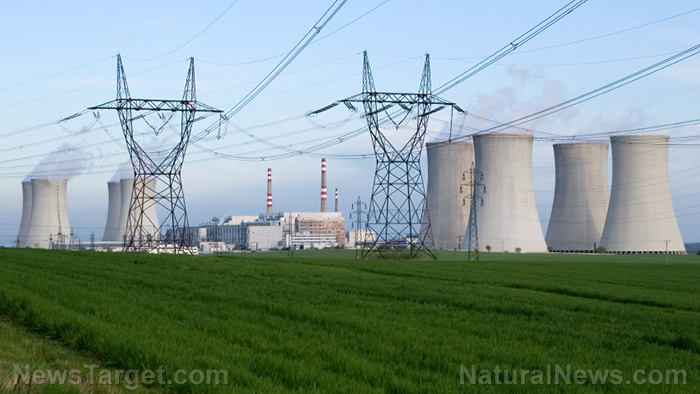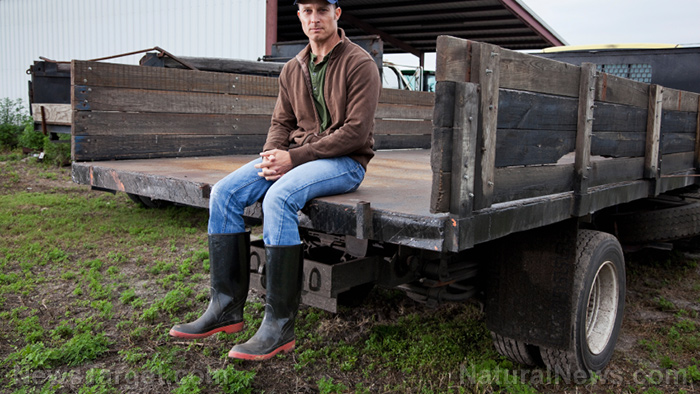
French President Emmanuel Macron wants France to be the leader in the march towards a "greener" Earth. In a recent World Economic Forum meeting that was held in Davos, he announced his plans to shut down all coal-fired power plants in France by the year 2021. This announcement was part of an energetic speech made in front of the Davos meeting's participants, and in line with his wishes to "make France a model in the fight against climate change."
According to the French president, the move will be helpful in promoting France as the primary destination for those who want to live a better life while better expressing their talents in every day life. "That is a huge advantage in terms of attractiveness and competitiveness," he said. "Talent will come where it is good to live. We can create a lot of jobs with such a strategy."
President Macron also covered other things in his speech. More specifically, he called on the European Union (EU) to "go a little bit further and create a floor price for CO2." It should be noted that the EU was the first in the world to open a dedicated carbon trading market, so it's already ahead of other parts of the world in this regard. The existence of a working carbon market will give people a financial incentive to pollute less in their environment, and a floor price is said to be the key to further progress. Since France derives most of its power from its nuclear plants, the country doesn't really rely all that much on what's generated by the coal-fired alternatives. The point of this declaration is to fully break away from any sort of dependence on coal and completely eliminate the greenhouse gases that the energy conversion process releases to the atmosphere – which is said to be highly dangerous.
To compensate for the loss that will occur once coal plants are shut down, the French government is likely to go for so-called clean energy options, such as wind farms and solar farms. If so, they could perhaps benefit from looking a little more closely into the technologies that allow renewable energy sources to exist. For example, it has been known for quite some time now that solar and wind energy are, in some respects, not quite as clean as the world thinks they are. France, as well as the rest of the world, can benefit from looking more deeply into the issues about clean energy that have so far been overlooked.
Solar panel manufacturing evidently causes devastating damage to the environment with toxic heavy metals, and even the working conditions under which they are produced directly cause harm to the lives of many humans. The same can be said of wind farms, which inadvertently cause environmental pollution where they are installed. Certain energy-saving materials are also said to be toxic for both people and the planet when they are in use.
The point is that, for France to fully reap the benefits from its move away from coal-fired power sources, it might be best to examine the alternative methods from which it will draw power in the future. Maybe it's true that its nuclear power sources would be enough to serve most of their energy needs, but as it explores other options, it would be in its best interest to make sure that they can minimize any possible environmental damage that might occur as a result.
Learn more about the issues affecting the use of renewable power sources in Power.news.
Sources include:
Please contact us for more information.





















